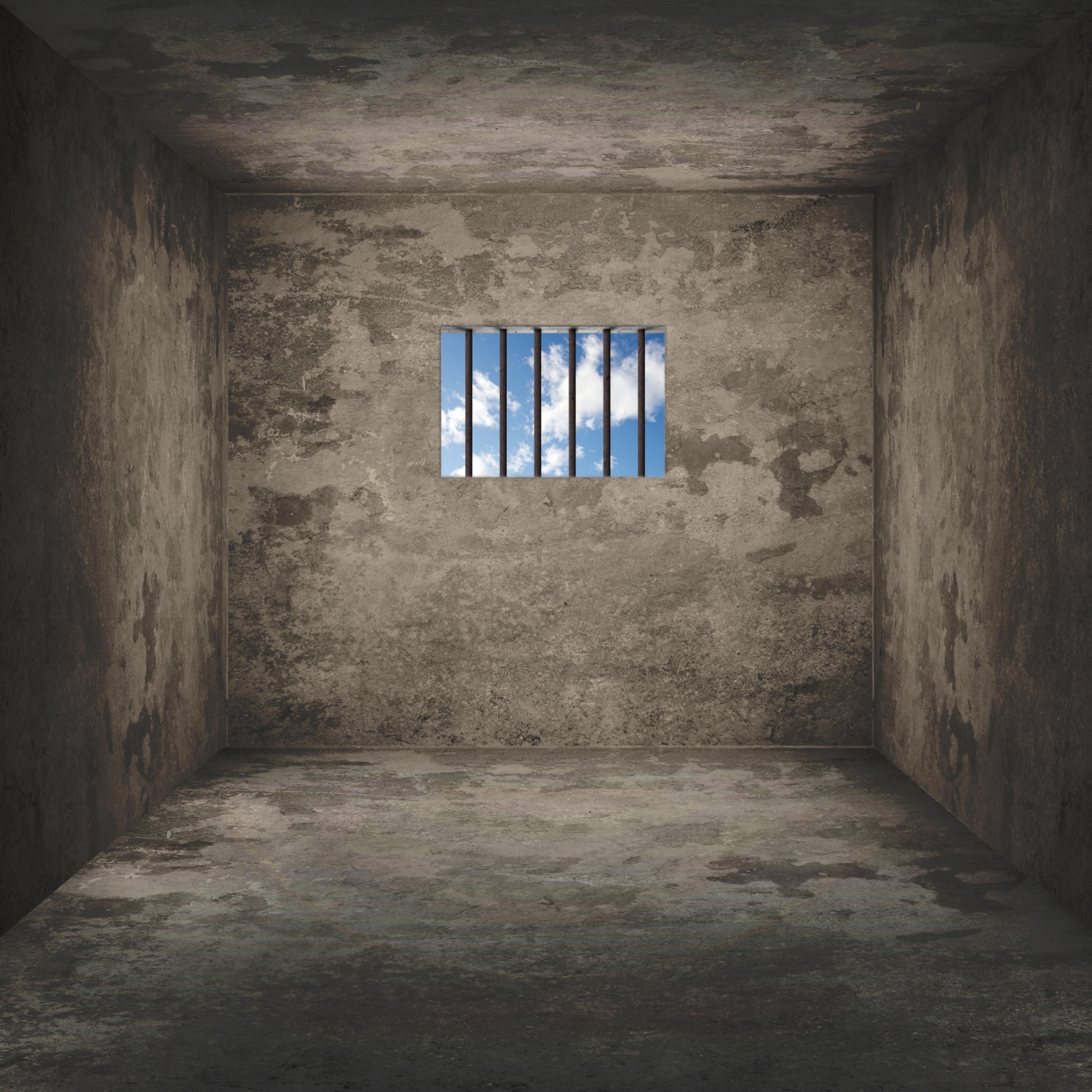Contact a Dallas-Fort Worth crimmigration lawyer at The Piri Law Firm today to help with criminal charges and Texas immigration court.
Dallas Fort Worth Crimmigration Lawyer at The Piri Law Firm
To pursue his passion for assisting Hispanic and Latino families in navigating the complex immigration system, Michael Piri started The Piri Law Firm in 2021.
Michael Piri earned a B.A. in International Politics and International Law with honors from American University in Paris. He graduated from Saint Mary’s Law School in San Antonio, Texas, with a Juris Doctorate focusing on Crimmigration Law.
The Piri Law Firm can offer helpful advice, support, and a helping hand to help you accomplish your objectives. Michael Piri knows the immigration system well and is respected by ICE and judges.

What is Crimmigration?
Criminal defense and immigration law come together to form the field of crimmigration.
Up to the 1980s, regardless of citizenship status, crimes committed by citizens and non-citizens were generally treated equally. However, the lines between criminal and immigration law began to blur 35 years ago.
Therefore, immigration repercussions could also be experienced by a non-citizen facing criminal accusations. Moreover, the focus and manner of response to these issues seem to change frequently in the contemporary political climate. Consequently, obtaining crimmigration legal counsel in these matters is even more crucial.
You can receive legal support and direction as you navigate the criminal immigration defense process by engaging a reputable, Spanish-speaking Texas deportation, criminal defense, and crimmigration lawyer like Michael Piri.
Understanding Crimmigration
Crimmigration, or the mixing of criminal law and immigration law, allows local law enforcement and, subsequently, other governmental agencies to actively or covertly enforce both aspects of the law. Beyond border enforcement, this sector’s techniques and rules are becoming more similar to those used in interior enforcement.
Local law enforcement also carries out these ostensibly secret efforts, which are no longer solely the responsibility of law enforcement. In The treatise on Crimmigration Crisis: Immigrants, Crime, and Sovereign Power, Juliet Stumpf describes it as “a society increasingly stratified by flexible concepts of membership,” which is a result of the merging of citizenship and the application of individual rights.
They must be seen as a part of a more significant focus on exclusionary social-control ideology and actions targeted against minorities and immigrants equally to disentangle and modify the links that bind these two systems.

Criminal Immigration Law History
Criminal and immigration law and procedure are two different legal systems combined to form “crimmigration” law. They conducted their business independently of one another over most of the nation’s history.
Criminal cases were regarded as falling under the purview of prosecutors, criminal defense lawyers, and state and federal judges, who often kept an eye on criminal prosecutions.
The senior leadership branch of the federal government’s immigration courts, on the other hand, were the only places where immigration law could be practiced.
These courts were staffed by immigration attorneys (or crimmigration lawyers), judges, and prosecutors who had been employed for many years by the Immigration and Naturalization Service (INS) and the Department of Homeland Security (DHS).
If you are facing criminal charges that could impact your immigration status, you should seek legal advice as quickly as possible from a crimmigration lawyer or a criminal immigration attorney. Our crimmigration lawyers at The Piri Law Firm can assist you with your immigration legal rights and, if necessary, with a criminal defense.
We advise you to call (833) 600-0029 to set up your initial session since we think having a strong attorney-client connection is crucial to winning any court.
How “Crimmigration” Became Immigration Policy?
Americans are accustomed to learning about the arrests, detentions, and deportations of unauthorized immigrants. Every discussion of immigration policy in the United States, from border security to immigration reform, is now dominated by these stories.
However, Americans might be surprised to find that this wasn’t always the case. The criminality of crossing the U.S.-Mexico border and immigration detention, according to César Cuauhtémoc Garca Hernández, an Ohio State University law professor, was more the exception than the rule until the 1990s and are now at risk due to the nation’s past.
Immigration matters were first treated as civil matters and dealt with by the immigration court system. In contrast, criminal proceedings were handled by prosecutors, defense attorneys, and state and local judges. This distinction has unquestionably become a historical artifact.
Before now, the government has only seldom used detention, usually near the border with Mexico. However, more than 429,000 people were detained for immigration processes in the Fiscal Year 2011. In addition, when considering whether to detain or deport a migrant, immigration law is increasingly considering their criminal history.
The structure of the American immigration system lends itself to various appearances of justice. Despite being referred to as “courts” and “judges,” he continues, neither immigration courts nor the immigration judges who oversee proceedings are employees of the judicial branch. However, these Justice Department trials are managed by Justice Department staff and are under the purview of the executive branch.
How Immigration Law and Criminal Defense Interact
Criminal law and immigration status frequently interact because non-citizens convicted of crimes suffer grave immigration consequences. In addition to any fines or jail time the court may impose, these penalties are also available.
For citizens, the criminal justice system distinguishes between felonies, misdemeanors, and other lesser offenses, but for non-citizens, the line is less obvious. Deportation proceedings, often known as forced removal proceedings, may result from even minor criminal offenses like theft.
Problems at the Crossroads of Immigration and Criminal Law
Crimmigration has significantly impacted how courts, immigration proceedings, and law enforcement interact. Immigration law ideas and issues pertaining to non-members of the criminal justice system are discussed by attorneys and judges.
Immigration enforcement and the use of the deportation procedures system as a tactic of crime control are significant and far-reaching ramifications of the intersection of criminal law and immigration law, a dynamic and increasing area of law.

The Crisis in Crimmigration
A significant shortening of the definition of a member and a downward spiral of non-member safeguards appear to be the effects of membership theory on the convergence of immigration and criminal law.
Decision-makers will necessarily interpret the implications of exclusion from membership in each area differently because criminal and immigration law overlap significantly. Moreover, as significant ramifications for immigration-related activities mount and criminal grounds for removal from the United States keep growing, aliens are increasingly linked to illegal activity.
As collateral damage from criminal offenses continues to target citizenship and community involvement traits, ex-offenders have started to mingle with immigrants.
When non-citizens are classified as offenders, expulsion makes sense as a punishment. The perceived necessity to protect the community takes precedence over the individual’s interest in the U.S. community, including familial ties, employment, volunteer work, and whether the nonresident foreigner has spent most of his life in the U.S.
The sovereign state becomes crucial in policing the nation against this internal enemy when criminals become outsiders.
The effects are very similar in both realms if the person is ruled unfit for membership, even though criminal law and immigration law start with conflicting assumptions about the immigration status of the people they control.
The individual is denied the privileges and rights of citizenship because the state views them as an alien. As a result, more people from outside the country are interested in it, and their numbers may surpass those of current citizens. As a result, society is becoming more stratified due to flexible concepts of membership, with outsiders being expelled from the group using boundaries, fences, rules, and social stigma.
Crimmigration Deconstruction
Criminal immigration law and policy, which were developed due to the racially motivated anti-drug panic of the 1980s and have since been influenced by every crime involving moral turpitude, respond to fear by using the state’s oppressive security apparatus.
Moreover, it reiterates well-known yet troubling racial, class, and gender power disparities, all of which are masked by the monster of crime.
If you want to learn more about possible immigration repercussions if you were charged with a crime, get in touch with our law office right immediately. When you are in a precarious situation, a good lawyer will always stand up for your rights, but it is always preferable to select an attorney that specializes in criminal immigration law.
A crimmigration lawyer will assist you with all immigration concerns and inform you about criminal immigration if you want to be a lawful permanent resident of the United States.
Regardless of your criminal history or immigration ambitions, the legal staff at The Piri Law Firm is ready to assist you. Submit your case or call (833) 600-0029 and speak to Michael Piri or one of the other crimmigration lawyers to set up your consultation so we can examine your situation.
Resources for Texas Immigration:





